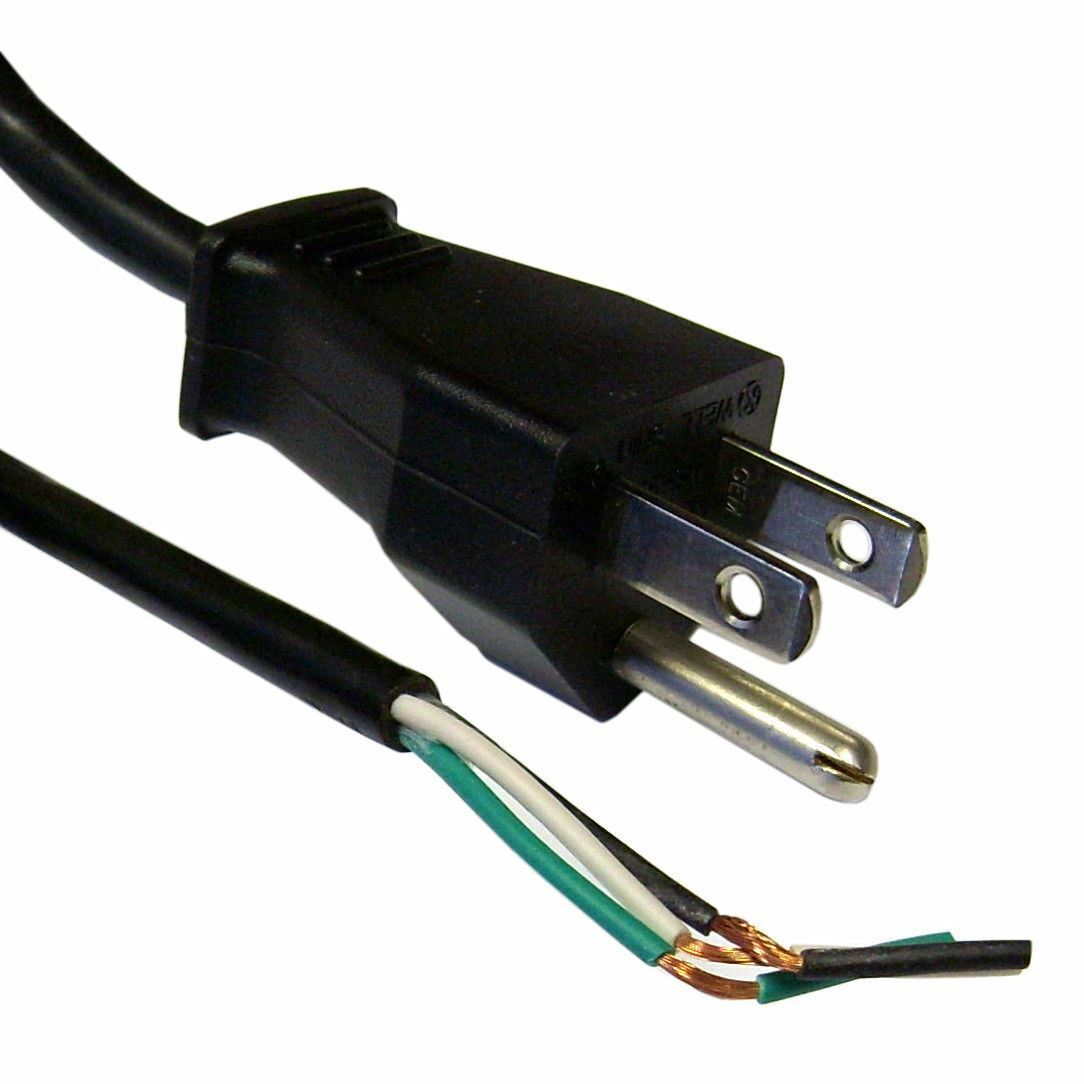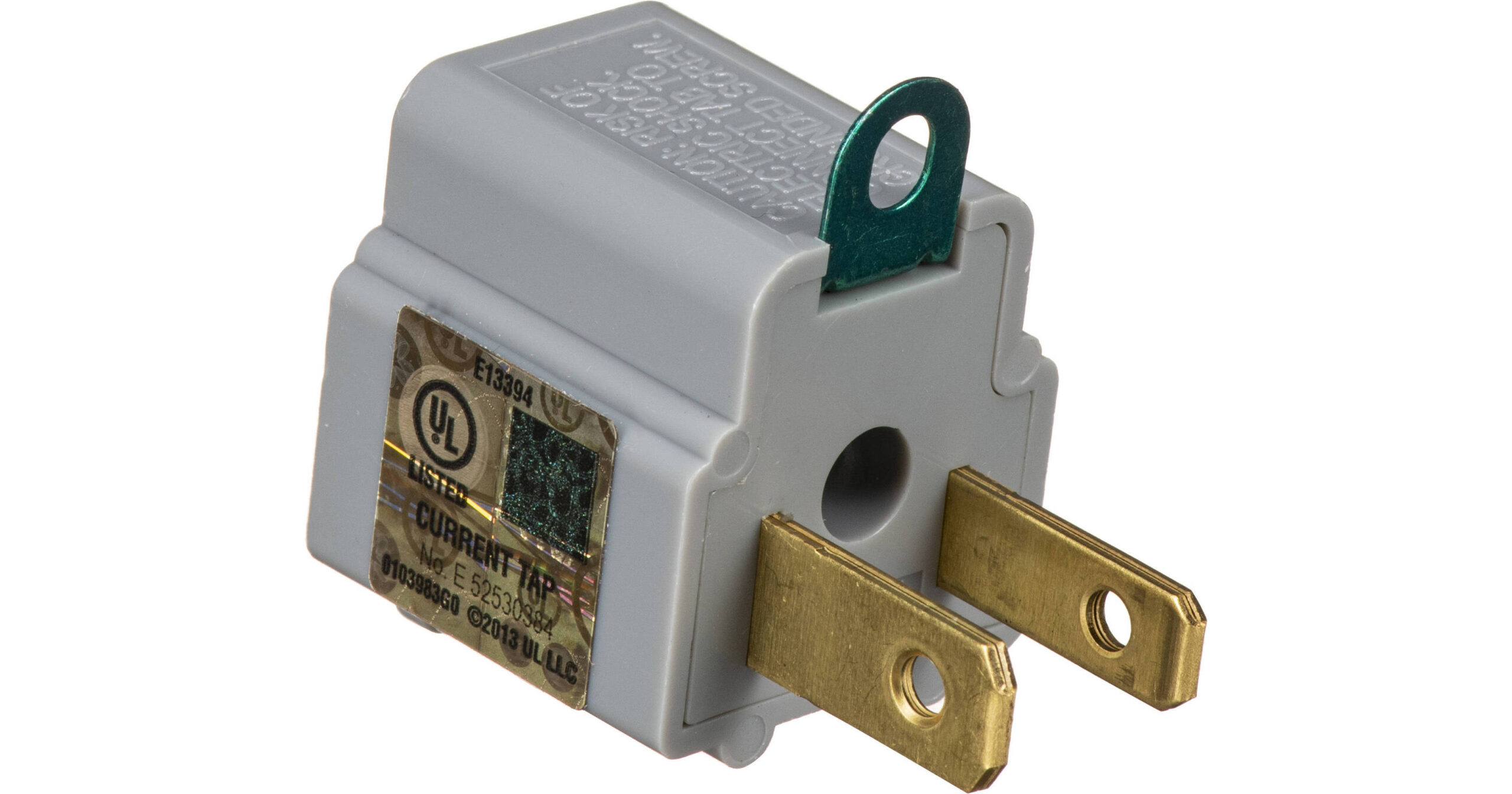
What Is a Ground Post and Why Is It Important?
The ground post is the round prong found on a standard three-prong plug, and it plays a critical role in electrical safety. It’s designed to connect the electrical device to the ground wire in your home’s electrical system, which provides a safe pathway for excess electricity to flow in case of a fault.
Without the ground post, your appliance or tool is no longer grounded, meaning any electrical fault could cause a dangerous situation. If an electrical current escapes from the wiring and doesn’t have a proper path to the ground, it can flow through you or nearby conductive materials, leading to electric shock or even fire.
Is It Safe to Use a Plug With a Missing Ground Post?
No, using a three-prong plug with a missing ground post is unsafe and should be avoided. When the ground prong is missing, the grounding function of the plug is compromised, which increases the risk of electrical shock, fire, and damage to your devices.
Some people mistakenly believe that the ground prong is unnecessary, especially if their device still works without it. However, just because the appliance functions doesn’t mean it’s safe. The ground post is an essential safety feature designed to protect both you and your electronics in case of a malfunction.
The Dangers of Using a Plug Without a Ground Post
Here are the key risks associated with using a three-prong plug that’s missing its ground post:
1. Electrical Shock
Without a ground post, excess electricity has no safe path to the ground, which can result in electrical shock. If an appliance malfunctions or a wire becomes exposed, you could be electrocuted if you touch the device or any connected conductive material.
2. Increased Risk of Fire
In some cases, an ungrounded appliance can cause a short circuit or an electrical arc, which can lead to overheating and increase the risk of a fire. The grounding system is designed to safely redirect this excess energy, preventing the potential for fire.
3. Damage to Appliances
Devices that rely on grounding to prevent surges may be damaged if used with a missing ground post. If a surge or fault occurs, the excess electricity can flow through sensitive internal components, frying circuits and shortening the lifespan of your appliances.
What to Do If Your Three-Prong Plug Is Missing the Ground Post
If you discover that the ground prong is missing from a three-prong plug, it’s crucial to take immediate action to ensure your safety. Here’s what you should do:
1. Stop Using the Plug
The first step is to stop using the device immediately. Continuing to use a plug with a missing ground post puts you at risk of electrical shock and fire hazards. Even if the device appears to be working normally, it’s unsafe without the ground prong.
2. Replace the Plug or Cord
If the plug is damaged but the appliance is otherwise in good condition, replace the damaged plug or cord with a new, properly grounded one. You can purchase a replacement cord from most hardware stores, or have a professional electrician repair it for you.
3. Test Your Outlets
While you’re addressing the missing ground prong, consider testing your electrical outlets to ensure they’re properly grounded. You can purchase an inexpensive outlet tester from a hardware store to check that your home’s wiring is safe. If you find that an outlet isn’t properly grounded, call a licensed electrician for further inspection and repairs.
Can You Use a Three-Prong Plug in a Two-Prong Outlet?

Using a three-prong plug in a two-prong outlet without an adapter or grounding solution is not safe. Two-prong outlets are ungrounded, meaning they don’t have a pathway for excess electricity to safely travel in the event of a fault. While you can buy adapters to fit a three-prong plug into a two-prong outlet, this is not a recommended solution unless you also ensure the outlet is grounded.
If your home has outdated two-prong outlets, upgrading to grounded three-prong outlets is the best option. This will improve electrical safety throughout your home and reduce the risk of shocks or fire. Consider consulting a licensed electrician for help with this upgrade.
FAQ
| Question | Answer |
|---|---|
| What happens if you break off the ground prong? | Breaking off the ground prong compromises the safety of the device. It eliminates the grounding protection, increasing the risk of electrical shock, fire, and damage to the appliance. |
| Is it safe to use a plug with no ground? | No, using a plug with no ground is unsafe. The ground post is there to protect you from electrical shock and fire hazards. Without it, excess electricity may travel through you or surrounding materials. |
| Can I use a three-prong adapter for a two-prong outlet? | You can use an adapter, but only if the two-prong outlet is properly grounded. Without proper grounding, the adapter will not provide the same safety as a grounded three-prong outlet. |
| What should I do if my outlet isn’t grounded? | If you discover that an outlet isn’t grounded, it’s best to call a licensed electrician to install a properly grounded outlet for your safety. |
| Can a missing ground prong cause a fire? | Yes, a missing ground prong can lead to short circuits or electrical arcs, which may cause overheating and increase the risk of a fire. |
If you need professional help addressing electrical safety issues, contact Citywide Mold Mitigation for expert assistance today.

